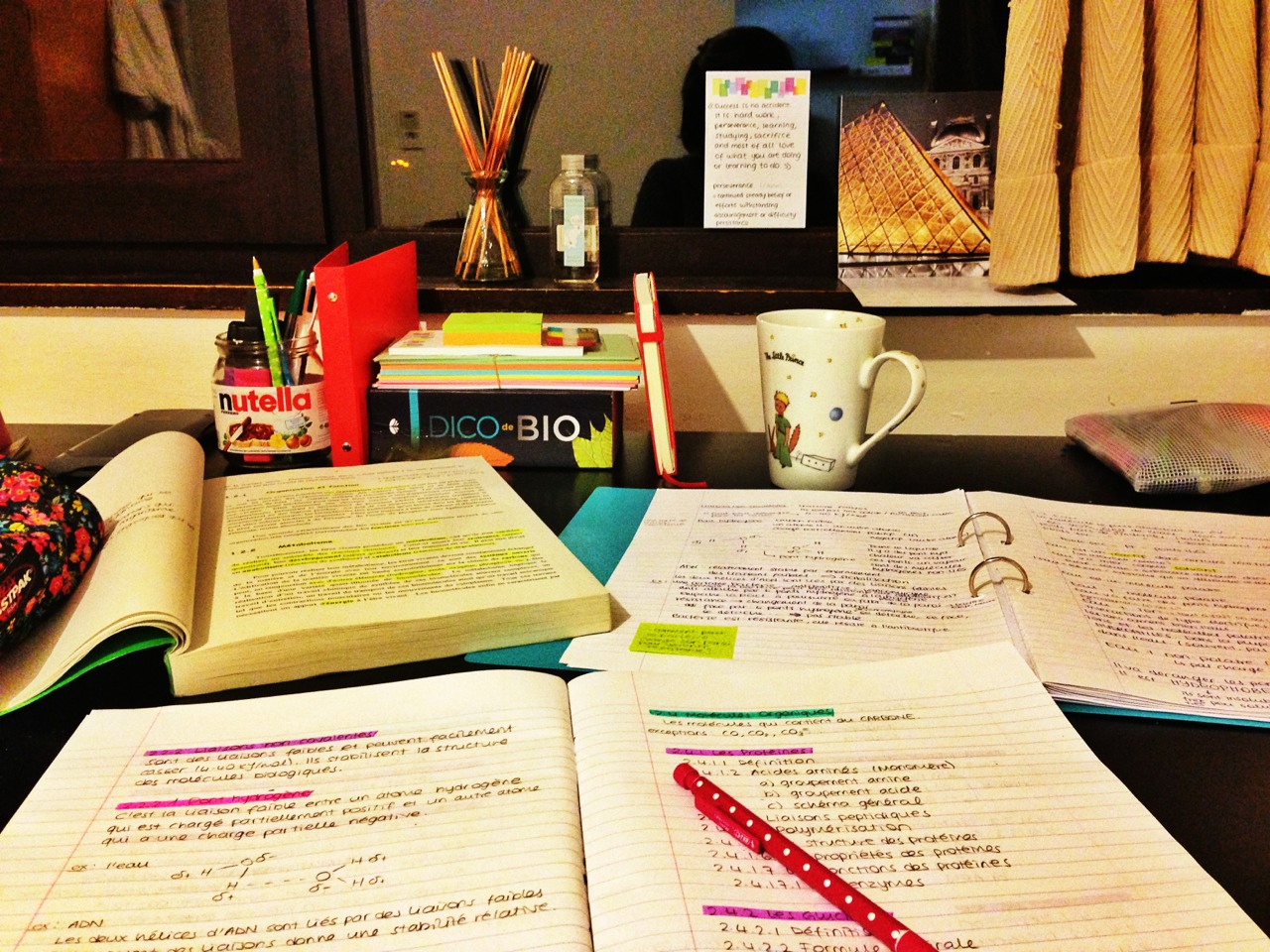Description: Marco, one of our English tutors shares some of his experiences during the application stage to study English.
“So when do you think this was written?”. I am being asked to date an untitled, unattributed poem that I was handed 5 minutes previously. I can only be in one place: an Oxbridge English interview.
For the record, I got it totally wrong. “Oh…err…this seems modernist to me…early 20th century?” It was written in the 1500s. This is only one example of the sort of crazy curveball that interviewers throw at English applicants; it also serves as a reminder of the randomness and uniqueness of applying to Oxford or Cambridge. There is no hard and fast rule, no magic formula, for successfully getting in to these amazing universities. Yet there are several useful suggestions that can be made. I actually went on to attend the college that this happened at – “poemgate” as I like to call it – meaning that I must have just about performed well enough in the rest of the interview. Hopefully here I can share a couple of general thoughts that may help anyone thinking of applying.

Like I said, I don’t think there is any magic way of ensuring success; however, there are several useful things that one can do, directions that one can move in, in the build up to an interview in English. Firstly, I think it is crucial to read as widely and as prudently as possible. This doesn’t mean reading everything Joyce ever wrote – though if you have, fair play, but are you ok? – or spending all of your free time pouring over the most canonical works you can think of. Instead, follow your existing interests and areas of knowledge, and expand them.
When I was applying, I loved Steinbeck – I looked to read more of his work, and then look at what sorts of American writers had preceded him and influenced him; Thoreau, Emerson, Hawthorne. Dipping into even just one text by each of these authors suddenly gave me quite a bit more knowledge about not only Steinbeck, but American Literature in general. I was doing Othello for A Level; I took it upon myself to read Titus Andronicus and Lear, as well as looking a bit into the life of John Webster, and his Jacobean tragedies. I followed an existing interest and emerged with a decent insight into Shakespeare’s work, should it come up.

Linked to this is the importance of knowing the texts you are studying for A Level in depth. The interviewers may already know your set texts, or will ask you about them. Come armed with exciting, engaged ideas of your own about them; not just regurgitating your teacher’s ideas. If you have time, reading another work by an author you are studying (say Fitzgerald, for example, if you are reading Gatsby) can be impressive.
My final and probably most important suggestion is less about reading specific books, but rather concerns your general mindset about reading. Cambridge interviews – and supervisions if/when you get there – are shaped around quite a unique form of discussion. It’s almost like a debate; ‘I think this about this story’…. ‘OK, but have you considered that the effect might be that?’. This can be a hugely exciting way to learn, but also a bit daunting: you may be challenged on your ‘opinions’ on what you have read more than you are used to. I think it is important to read and form opinions, but to remain flexible and open to discussion on those positions.

Don’t allow yourself to become too entrenched or reductive; and that goes for your analysis of language, too. I arrived at interview with quite a schematic view of language and the effects it creates: “this does that”. It is important to develop a more nuanced, cautious approach to analysing language; one that allows space for multiple interpretations, interactions between big and small linguistic features, and the role of the reader. I found that reading as much poetry as possible was invaluable for this; it trains you to get used to close reading and analysis, and be more accommodating of how complex language can be. To that same end, reading some accessible theory about how language works can be incredibly advantageous; people like Terry Eagleton, Christopher Ricks and William Empson to name but a few.
You’re probably thinking ‘this guy started with a funny story and now he’s got all intense’. Apologies if I have; applying to do English at Oxbridge doesn’t need to be frightening, and nor do my suggestions. Read around existing knowledge and interests, and try to train your ability to talk maturely about what you read. Anything else is out of your control, and not worth your concern for now.
By Marco, English tutor. Interested in working with Marco? Contact us today.




